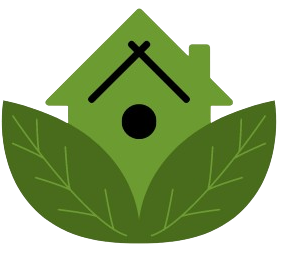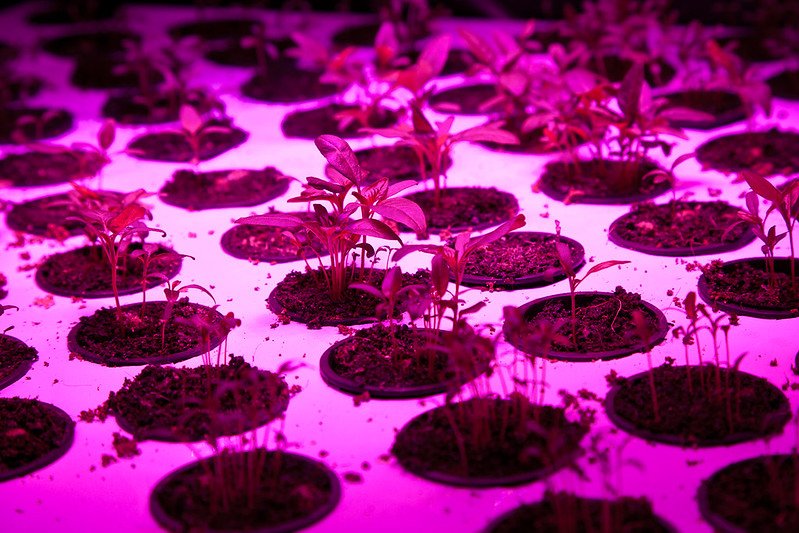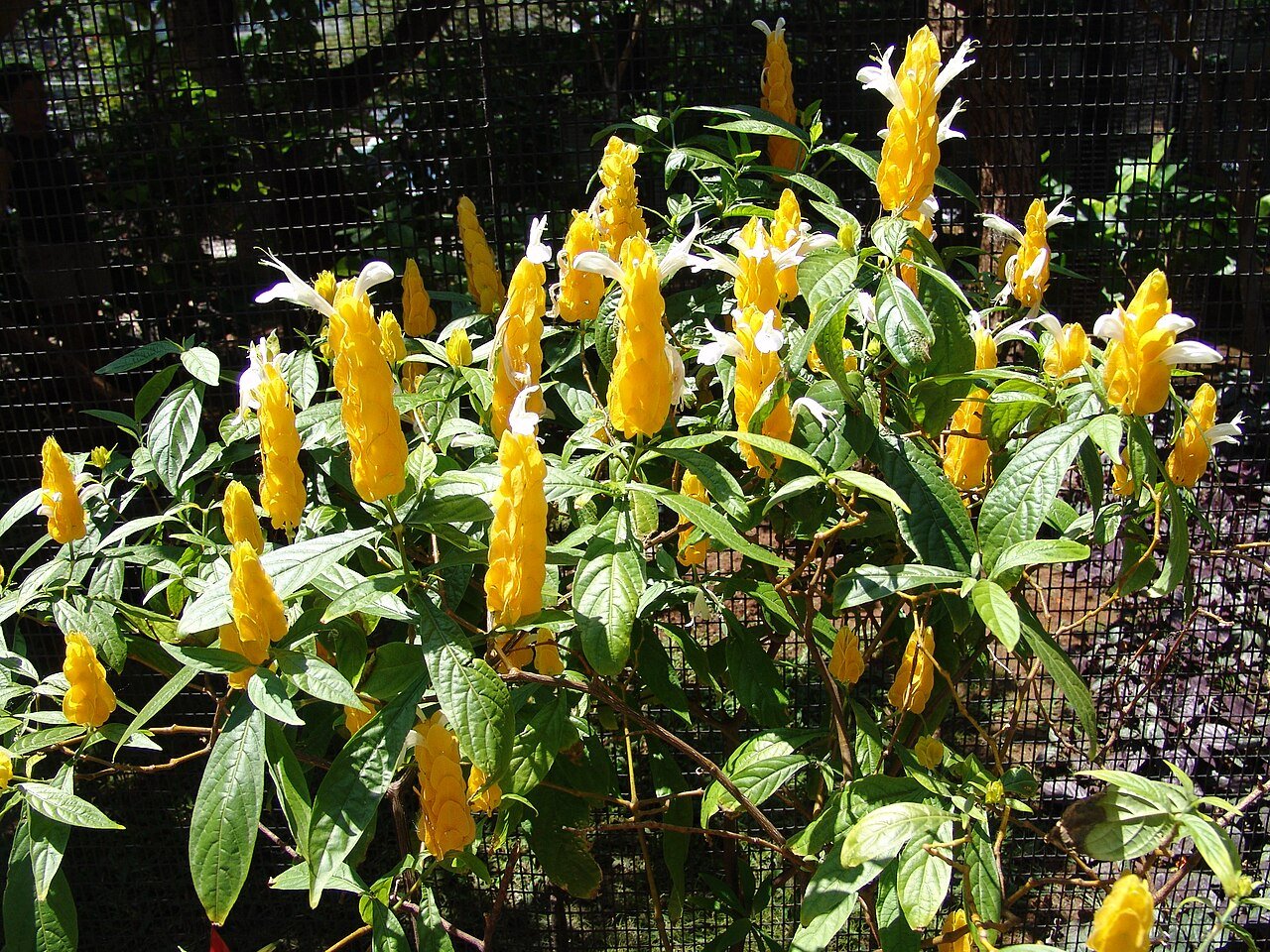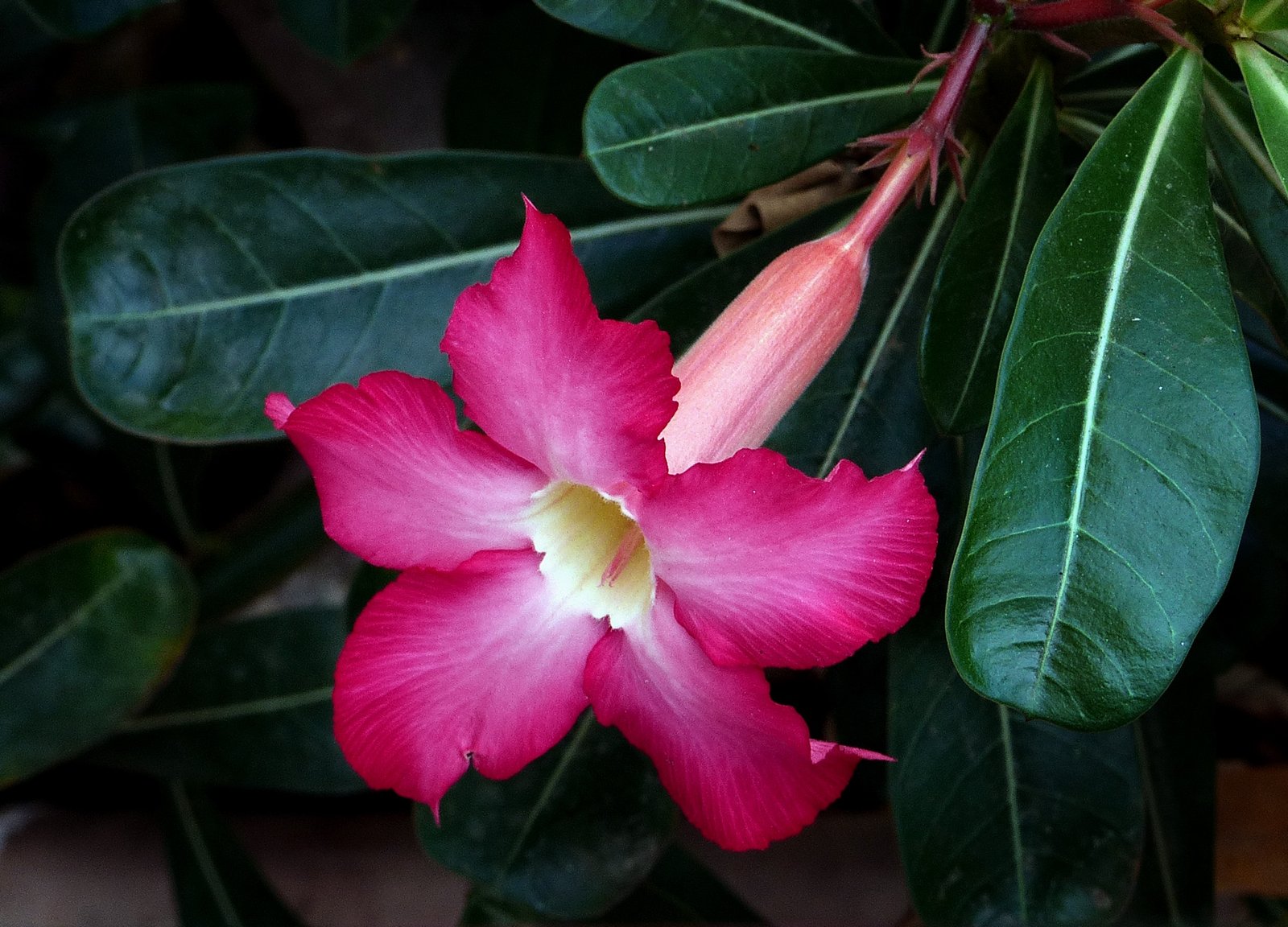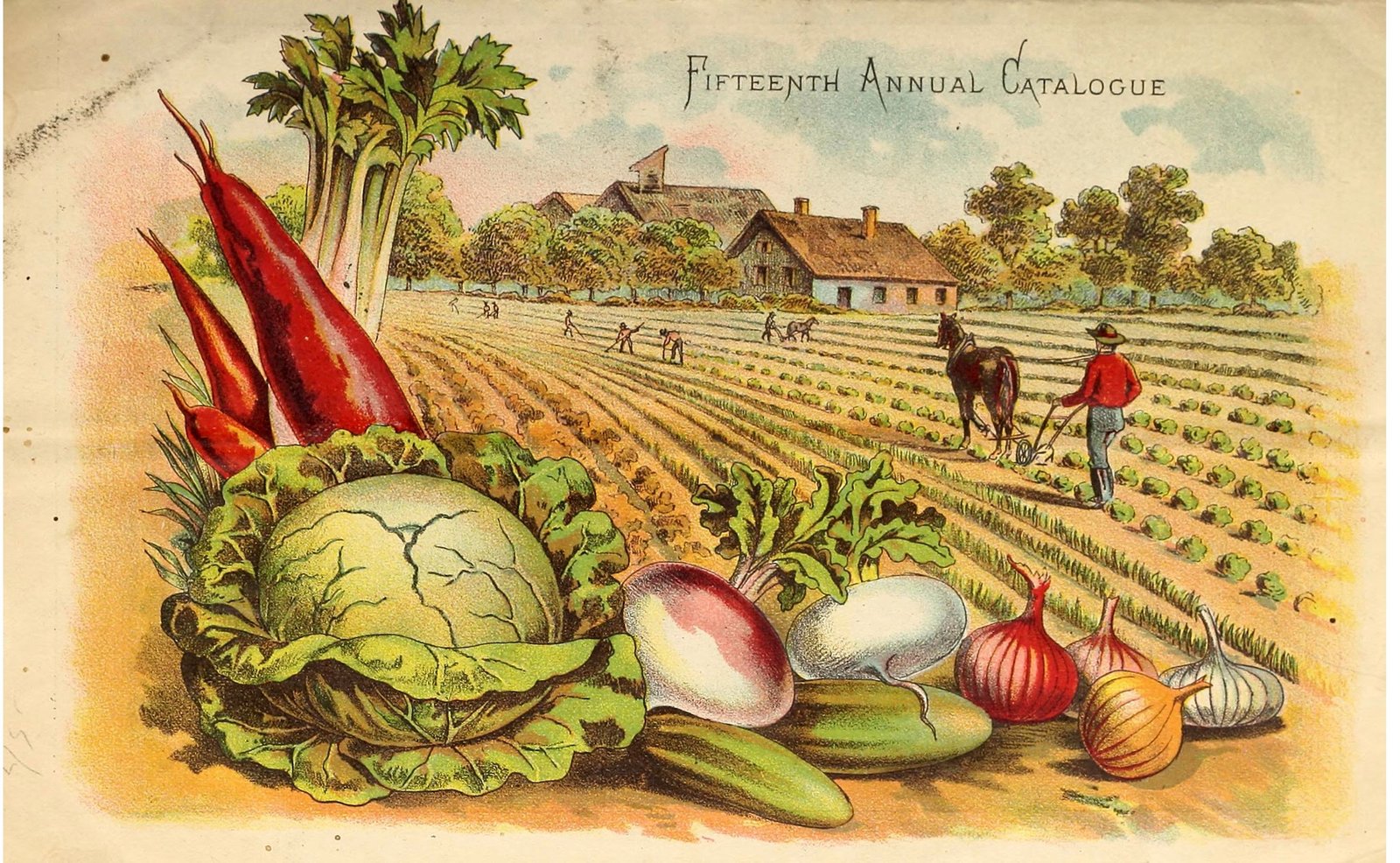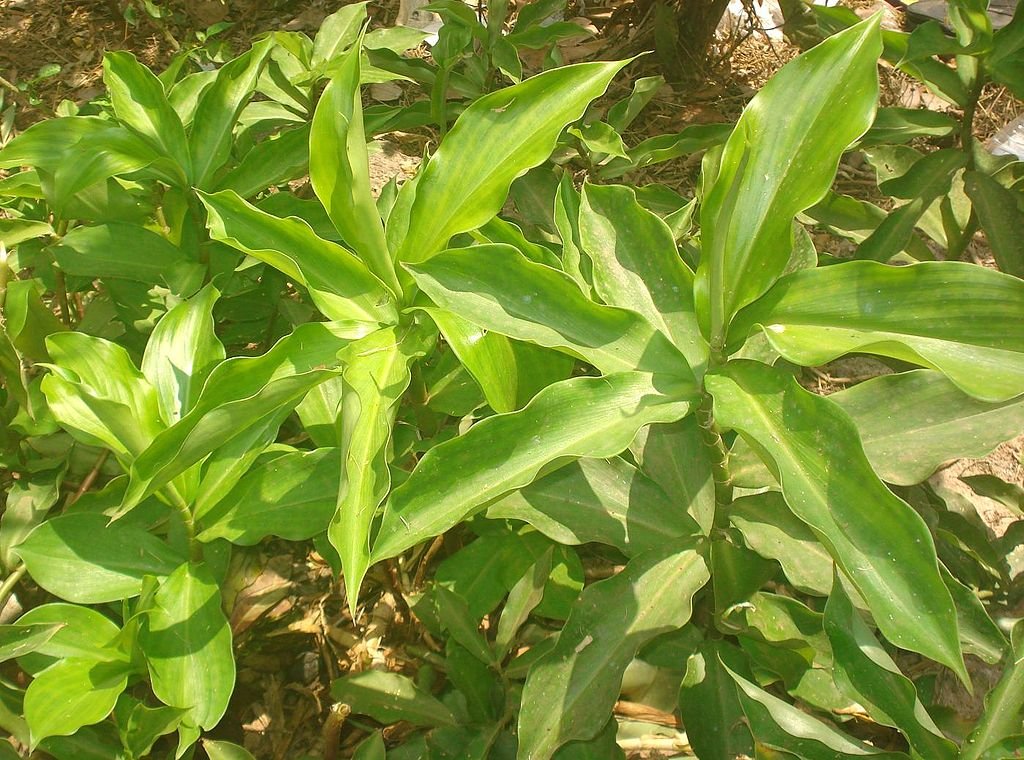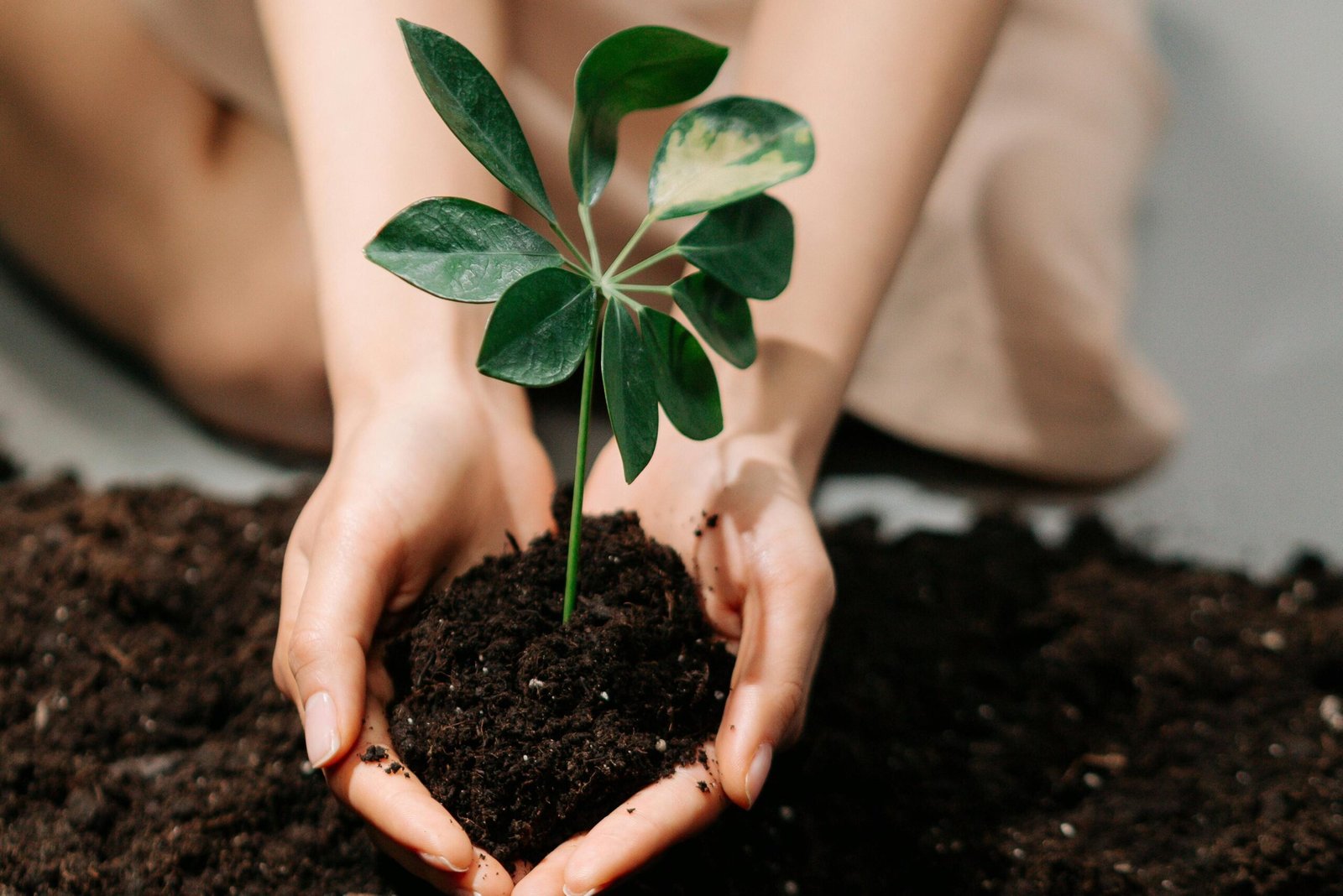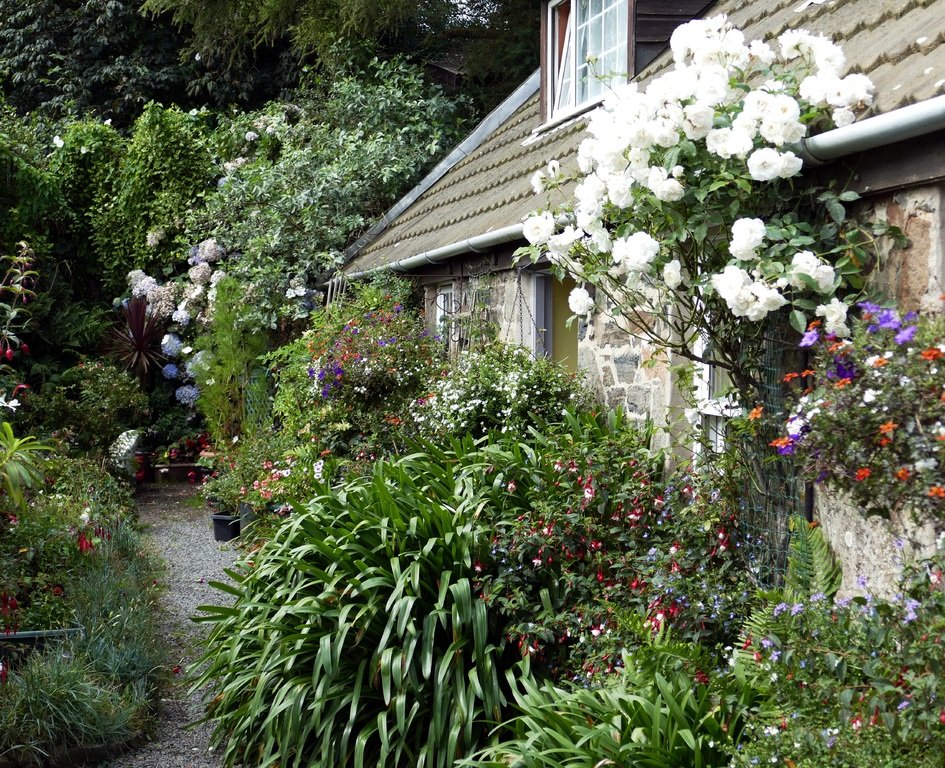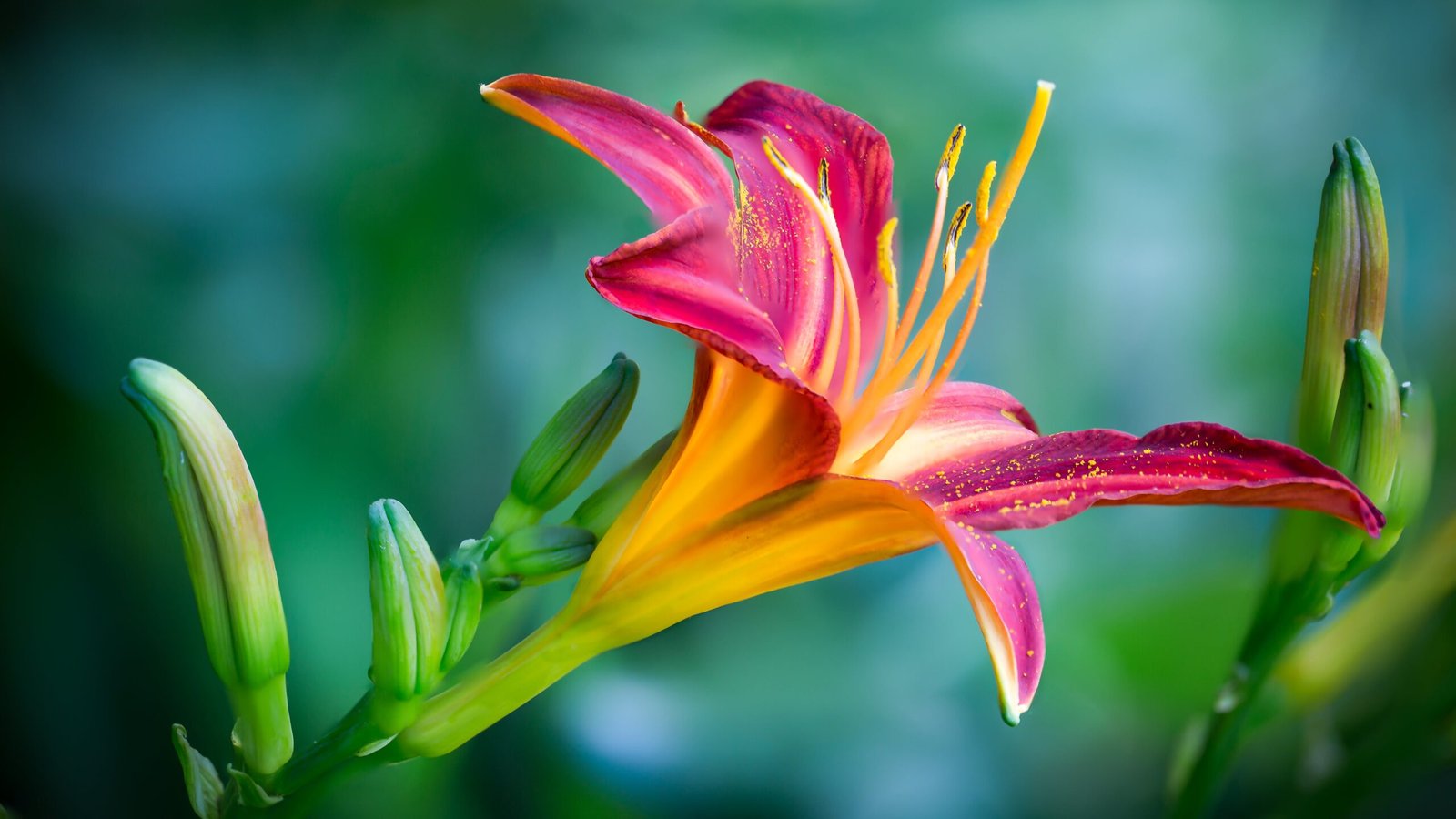In the world of gardening, one thing is clear: the quality of the seeds you sow can make or break your harvest. Whether you’re a seasoned horticulturist or a budding green thumb, the journey of transforming tiny seeds into thriving vegetable plants is an adventure in itself. And where do you begin this journey? The answer lies in the pages of seed catalogs. But before we dive into the lush world of gardening, let’s address some fundamental questions:
Table of Contents
What is a Seed Catalog?
A seed catalog is like a curated menu for gardeners. It’s a publication or website that offers a diverse selection of seeds for various plants, including vegetables, flowers, herbs, and more. These catalogs provide detailed descriptions, growing tips, and images of each seed variety, helping you make informed choices for your garden.
Which Website is Best for Buying Plant Seeds?
Several websites are excellent for purchasing plant seeds, each with its unique strengths. Some of the most reputable options include Burpee, Johnny’s Selected Seeds, Baker Creek Heirloom Seeds, Seed Savers Exchange, and Territorial Seed Company. The choice depends on your specific gardening needs, whether you prioritize heirlooms, organic options, or a wide selection.
Who is the Best Vegetable Seed Company?
The title of the “best” vegetable seed company can vary based on individual preferences. Companies like Burpee and Johnny’s Selected Seeds are renowned for their high-quality seeds and extensive selection. Baker Creek Heirloom Seeds is beloved for its dedication to heirloom varieties. Seed Savers Exchange excels in preserving heirloom diversity. The best company for you ultimately depends on your gardening goals, from heirlooms to organic choices.
Now, let’s embark on a journey through the bountiful world of seed catalogs and discover the finest sources for your gardening endeavors. Whether you’re a seasoned horticulturist or a novice gardener, you’ll find invaluable insights into where to find the best vegetable seeds, along with tips for selecting the right varieties to transform your garden into a lush and productive haven.
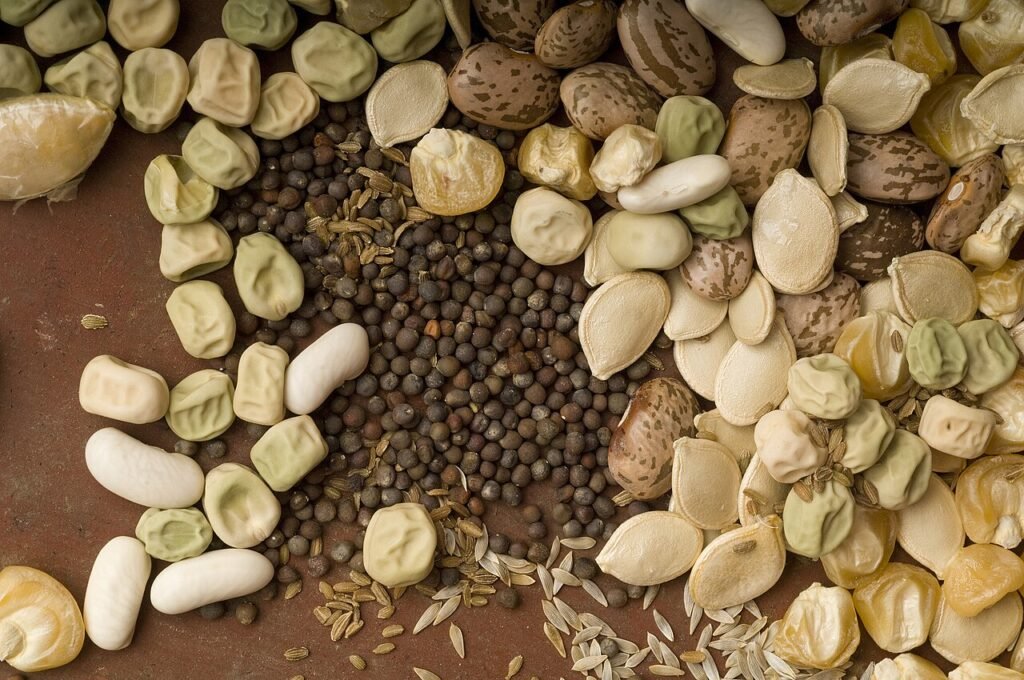
The Importance of Quality Seeds
The Foundation of a Thriving Garden
Imagine your garden as a work of art, and the seeds you plant as the colors on your palette. The quality of those colors directly influences the masterpiece you create. In the world of gardening, it all begins with the seeds you choose. Quality seeds are like the solid foundation of a grand building, providing the stability and potential for a thriving garden. They are the first step on your journey to cultivating healthy, robust plants that yield delicious, bountiful harvests.
Why Choose Seed Catalogs?
Seed catalogs are the gateway to a world of possibilities. They offer a carefully curated selection of seeds, each with its unique traits and characteristics. Choosing seeds from catalogs allows you to explore a diverse range of plant varieties, from heirlooms with rich histories to hybrids bred for specific traits. These catalogs provide vital information, enabling you to make informed decisions, and they often source seeds from reputable growers, ensuring you start with the best possible foundation for your garden.
Top Seed Catalogs for Vegetable Gardeners
When it comes to choosing the finest seeds for your vegetable garden, it’s essential to know where to look. Here’s a glimpse at some of the top seed catalogs that have garnered a reputation for quality and variety:
1. Burpee
A household name in the gardening world, Burpee offers a vast selection of vegetable seeds along with valuable growing information.
2. Johnny’s Selected Seeds
Known for its high-quality seeds and commitment to sustainable practices, Johnny’s is a go-to source for both beginners and experienced gardeners.
3. Baker Creek Heirloom Seeds
If you’re passionate about preserving heirloom varieties, Baker Creek’s colorful catalog is a treasure trove of rare and unique seeds.
4. Seed Savers Exchange
This organization is dedicated to preserving heirloom plants and offers a community of like-minded gardeners.
5. Territorial Seed Company
Territorial’s focus on regional adaptation ensures that their seeds are well-suited to your specific climate.
6. High Mowing Organic Seeds
For those committed to organic gardening, High Mowing provides a wide range of organic seed options.
7. Botanical Interests
With its informative seed packets, Botanical Interests is an excellent choice for those who appreciate learning while they garden.
8. Southern Exposure Seed Exchange
Specializing in heirlooms adapted to the Southeastern United States, Southern Exposure offers unique choices.
9. Kitazawa Seed Company
If you’re interested in Asian vegetable varieties, Kitazawa’s catalog features a diverse selection.
10. Renee’s Garden Seeds
Renee’s offers a carefully curated collection of vegetable seeds, emphasizing flavor and performance.

What to Look for in a Seed Catalog
Navigating a seed catalog effectively requires a discerning eye and a checklist of key factors. Here’s a brief exploration of what to consider:
Seed Variety and Selection
A diverse selection is essential. Look for a catalog that offers a wide range of vegetable varieties, from heirlooms to hybrids, ensuring you have plenty of options to choose from based on your garden’s needs and your culinary preferences.
Seed Quality and Viability
Quality seeds are the foundation of a successful garden. Seek catalogs that prioritize seed quality, ensuring high germination rates and healthy plants. Freshness matters, so opt for catalogs known for their commitment to delivering viable seeds.
Growing Information and Tips
A comprehensive seed catalog should provide valuable growing information and tips. Look for catalogs that offer detailed planting instructions, optimal growing conditions, and troubleshooting advice to support your gardening journey.
Customer Reviews and Ratings
Customer feedback is a valuable resource. Catalogs that feature customer reviews and ratings offer insights into the real-world experiences of fellow gardeners, helping you make informed decisions about seed selection.
Getting Started: Tips for Ordering Seeds
Starting your gardening journey with the right seeds is crucial. Here’s a closer look at essential tips for ordering seeds:
Planning Your Garden
Begin by envisioning your garden’s layout and the types of vegetables you want to grow. Proper planning ensures you have the right space, sunlight, and soil conditions for each plant.
Ordering Early vs. Late
Consider the optimal time to order seeds. Ordering early allows you to secure your desired varieties while ordering late might lead to limited availability.
Payment and Shipping Options
Review payment methods and shipping options offered by seed catalogs. Some companies offer discounts or free shipping for orders over a certain amount.
Storing Your Seeds
Proper seed storage is vital for maintaining seed viability. Keep seeds in a cool, dry place in airtight containers to ensure they remain viable for multiple growing seasons.
Heirloom vs. Hybrid Seeds: Which is Right for You?
When it comes to selecting seeds for your vegetable garden, a fundamental decision revolves around choosing between heirloom and hybrid seeds. Let’s delve into this choice:
Understanding Heirloom Seeds
Heirloom seeds are like a link to the past, carrying with them a rich history and tradition. These seeds are open-pollinated, meaning they’ve been passed down through generations without any cross-breeding. They offer a sense of nostalgia, preserving the flavors and traits of bygone eras. Gardeners who value diversity, unique flavors, and the act of preserving historical varieties often opt for heirloom seeds.
The Benefits of Hybrid Seeds
Hybrid seeds, on the other hand, are the result of controlled cross-breeding between two distinct parent plants. They’re bred for specific traits like disease resistance, uniformity, and high yields. Gardeners who prioritize predictable results, disease-resistant plants, and modern conveniences often choose hybrid seeds.
Making the Choice
The choice between heirloom and hybrid seeds ultimately depends on your gardening goals and values. Heirlooms offer a connection to the past and unique flavors, while hybrids provide predictability and modern advantages. Many gardeners even choose a mix of both to enjoy the best of both worlds in their vegetable gardens.
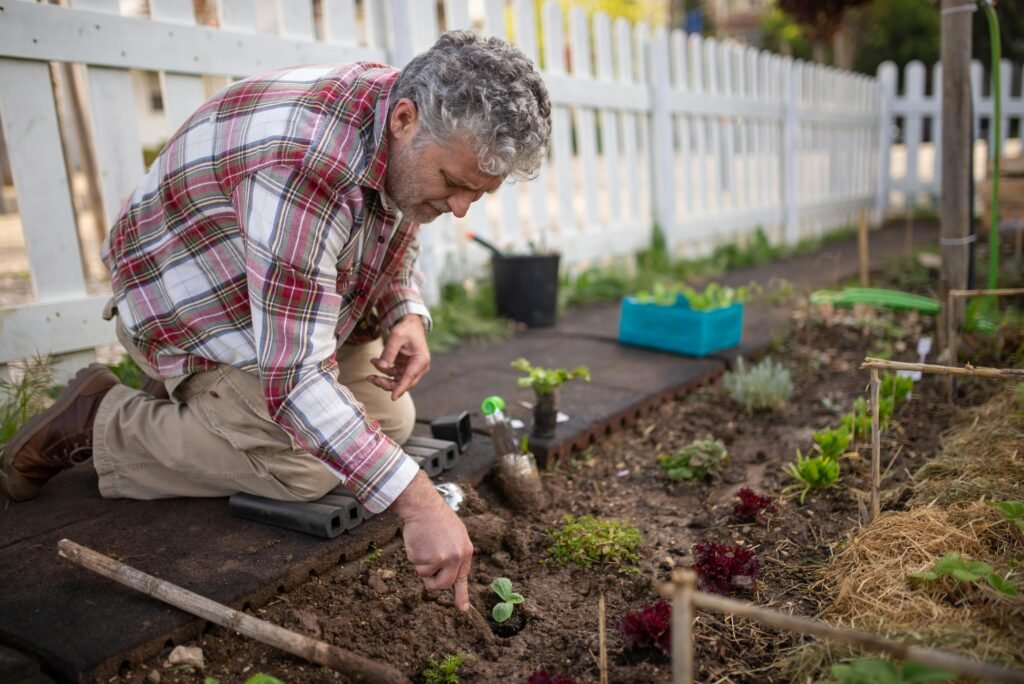
Seed Saving: A Sustainable Approach
As you nurture your vegetable garden, there’s a remarkable opportunity to close the cycle of life and embrace sustainability through seed saving. This ancient art not only conserves genetic diversity but also empowers you to become a steward of your garden’s future.
The Art of Seed Saving
Seed saving isn’t merely a task; it’s an art form that requires patience and knowledge. It involves selecting the healthiest, most vigorous plants, allowing them to mature and produce seeds, and then carefully harvesting, drying, and storing these seeds. It’s a practice deeply rooted in the traditions of agriculture, connecting you to generations of gardeners who’ve safeguarded nature’s blueprints.
Crops Ideal for Seed Saving
While nearly all vegetable plants produce seeds, some are more suitable for saving than others. Open-pollinated and heirloom varieties are excellent candidates. Tomatoes, peppers, beans, and peas are popular choices due to their relatively simple seed-saving processes.
Tips for Successful Seed Saving
To ensure the viability of your saved seeds, consider factors like isolation to prevent cross-pollination, proper drying techniques, and effective storage methods. With each successful seed-saving endeavor, you not only sustain your garden but also contribute to the preservation of plant diversity—a small act with profound implications for the future.
Incorporating Sustainability into Your Garden
Creating a sustainable garden not only benefits the environment but also enhances your gardening experience. Here are three essential ways to incorporate sustainability into your garden:
Companion Planting
This age-old technique involves planting specific combinations of vegetables, herbs, and flowers that benefit each other by repelling pests, enhancing pollination, or improving soil health. For example, planting marigolds alongside tomatoes can deter nematodes, while basil planted near tomatoes can enhance their flavor and discourage aphids.
Organic Gardening Practices
Embracing organic practices reduces the use of synthetic chemicals, promoting healthier soil and minimizing harm to beneficial insects. Use organic fertilizers, practice crop rotation, and opt for natural pest control methods like neem oil or ladybugs to maintain a balanced ecosystem in your garden.
Reducing Waste in Your Garden
Sustainable gardening extends to waste reduction. Composting kitchen scraps and garden debris helps create nutrient-rich compost that enriches your soil. Additionally, consider using rain barrels to collect rainwater for irrigation, reducing water waste and your environmental footprint.
Growing Your Garden Knowledge: Recommended Gardening Books
Gardening is a lifelong learning experience, and books can be your trusted companions on this journey. Whether you’re just starting or have a green thumb well on its way, there’s always something new to discover in the world of horticulture. Here’s a brief exploration:
Books for Beginners
If you’re new to gardening, start with titles like “The Well-Tempered Garden” by Christopher Lloyd or “The Vegetable Gardener’s Bible” by Edward C. Smith. These books provide fundamental knowledge, from understanding soil to basic plant care, helping you lay a strong foundation.
Advanced Gardening Reads
For the seasoned gardener seeking advanced insights, books like “The Layered Garden” by David Culp or “The Informed Gardener” by Linda Chalker-Scott delve into complex gardening concepts, design principles, and the science behind plant growth.
Specialty Topics
Gardening encompasses a vast array of specializations. Dive deep into topics like permaculture with “Gaia’s Garden” by Toby Hemenway or explore the art of bonsai with “Bonsai Basics” by Christian Pessey. Specialty books open doors to niche gardening realms, allowing you to become a master in your chosen domain.
With this comprehensive guide, you’ll have the knowledge and resources to select the perfect seeds for your garden, nurture them to maturity, and harvest the rewards of your labor. So, grab your gardening gloves, sharpen your trowel, and embark on a journey of gardening excellence with the best seed catalogs as your trusted companions. Your vegetable garden is about to become a masterpiece of flavor, sustainability, and abundance.
